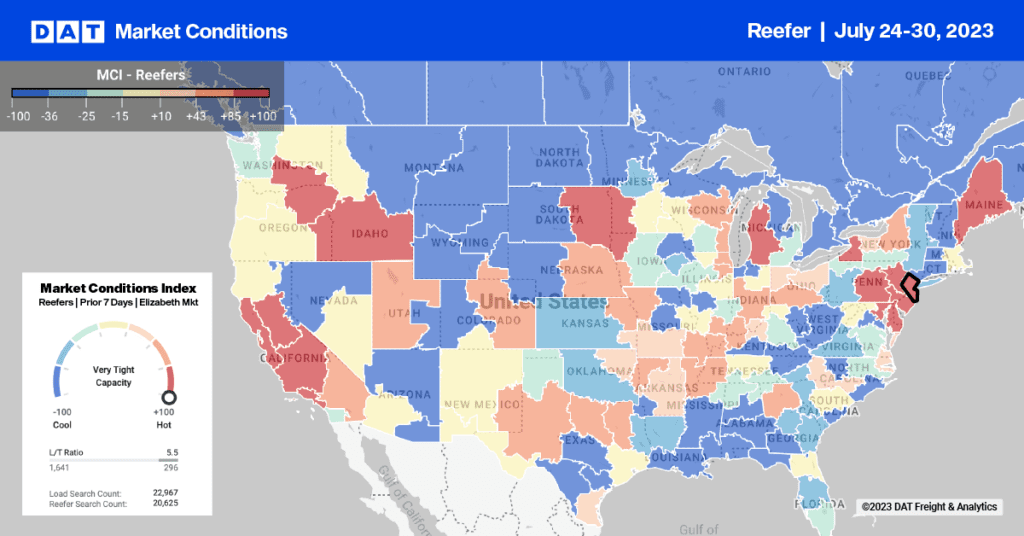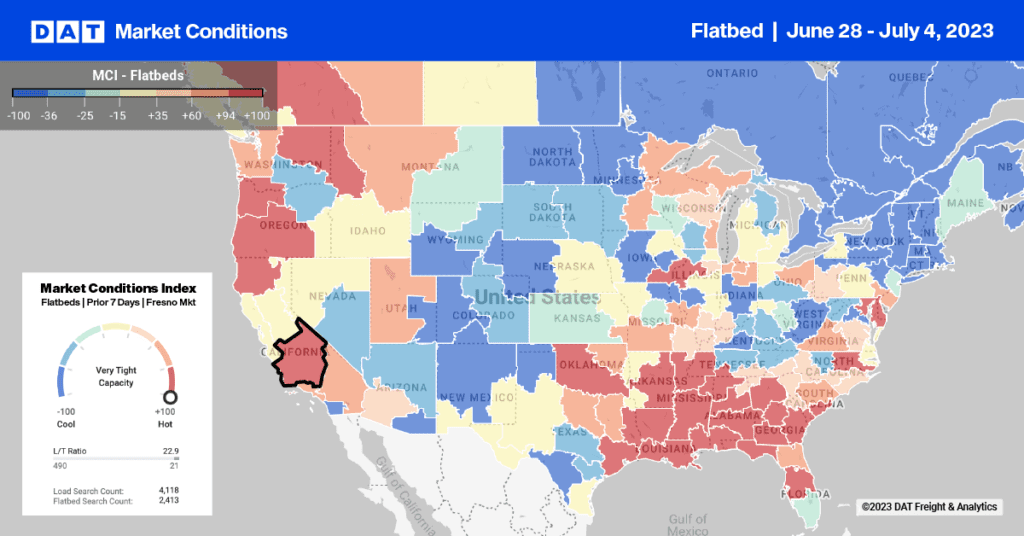When it comes to technology, freight brokers are very practical about their business purchases. A cool new gadget or software package interests them only when it offers a good return on investment, usually with efficiency improvements.
That’s one conclusion we drew from our recent Broker Technology Survey. Nearly 300 freight brokers told us about their technology solutions, purchases and plans, and here is what we found:
Smart Phones – The majority (73%) of companies with more than one employee have already purchased smart phones for some or all of their employees, including all of the companies with 500 or more employees. All smart phone use included email and text messaging, the majority (86%) also used the devices for internet access, and more than half (54%) used smart phones for remote access to company systems. (Answers include multiple responses.) Respondents in all age groups use smart phones themselves, for both business and personal communications.

Smart phones are popular with 90% of brokers. Most (69%) use the devices for both business and personal communication.
Tablet Computers – About a third (33%) of respondents had purchased an iPad or other tablet computer, and another 25% were planning to purchase tablets (including the 2% who bought tablets and planned to buy more) while the remaining 42% had no interest in the devices.

Tablet computers, such as iPads, are included in purchases or plans for 58% of brokers surveyed.
Social Media – The biggest factor determining social media use was the age of the survey respondent.
Facebook and LinkedIn – Respondents under age 30 (only 4% of all responses) reported using Facebook (86%) and LinkedIn (71%) for personal reasons. Almost half of respondents over 30 used LinkedIn primarily for business. (Multiple responses were allowed.)
Twitter was rarely used by respondents over age 50, but about half the respondents age 39 or younger used Twitter, along with 32% of those in their 40s.
Blogs – Few (21%) of respondents over 30 reported reading blogs, and fewer (12%) wrote or commented on blogs. Most blog readership was for business purposes. The exceptions were respondents in their 50s, who were twice as likely to read blogs for personal reasons rather than business.


